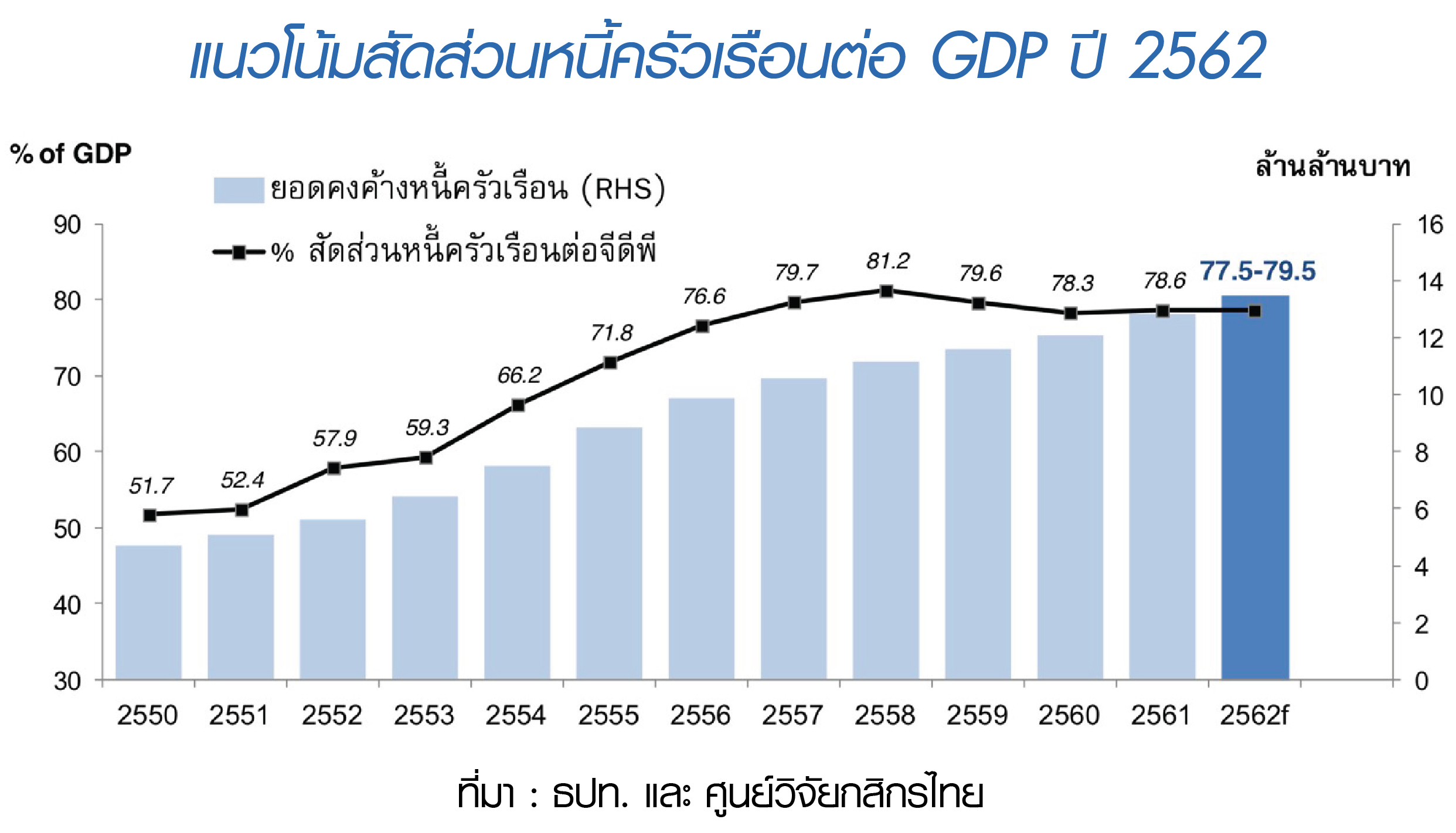

- #Update python from 2.7.2 to 2.7.9 how to#
- #Update python from 2.7.2 to 2.7.9 install#
- #Update python from 2.7.2 to 2.7.9 update#
- #Update python from 2.7.2 to 2.7.9 code#
- #Update python from 2.7.2 to 2.7.9 download#
If you want to use the latest Python version with Thonny, you have to update this link as well.
#Update python from 2.7.2 to 2.7.9 code#
Note: If you are using Thonny to code in Python, it uses "/usr/bin/python3" by default, which links to the latest version installed by Raspberry Pi OS (3.7.3 in my case). It should know display the version your just installed (3.9.5 for me). Sudo ln -s /usr/local/bin/python3.9 python Link the version your want to use instead:.Here is what it looks like on a fresh RPI OS install: Or you can replace the link in your /usr/local/bin folder to point to the version you want to use as default.Which is probably the safer option if you switch from one version to another regularly. Always run a Python script with the exact version you want to use, for example:.To choose the version you want to run you have two choices: python3.9 : The one I installed from sources.īut when I use “python –version”, I’m still using Python 2.7.python3.7 : The default Python 3 version on Raspberry Pi OS at the time of writing.python2.7 : The current Python 2 version by default.Make Python 3 the Default Version on Raspberry Pi OSĮach installed version of Python on your system adds a new executable in /usr/local/bin that you can use to run a program.

This should take a few minutes depending on your Raspberry Pi model and version (5 to 10 min on Raspberry Pi 4).
#Update python from 2.7.2 to 2.7.9 install#

Replace the URL with the link you paste in the previous step.Ĭhange the Python version if you downloaded another one. If you need help with the SSH part, you can read my tutorial here which has all the information you might need.
#Update python from 2.7.2 to 2.7.9 download#
Scroll to the bottom of the next page, and find the list of download links:.Click on the “Download” link corresponding to the version you want to install.Look for the second table on that page “Looking for a specific release?”:.Install the Latest Python Version on Raspberry PiĪs Raspberry Pi OS is always a few Python versions late, the only way to install the latest Python version on your Raspberry Pi is to download the source code from the official website and install it manually.
#Update python from 2.7.2 to 2.7.9 how to#
In the next section, we’ll learn how to update it on your Raspberry Pi. As you can see on the Download page, Python 3.7 was released in 2018. This first table gives you an overview of the latest Pythons versions. On the download page, the latest versions are listed with their release date and maintenance status. The easiest way to find the latest Python release available is to go to the official Python website. And if you want to install a more recent version, keep reading to learn how.

If you were wanting to learn how to use Python 3 on your Raspberry Pi, you have the answer: use the “python3” command instead of “python”. At the time of writing, Python 3.7.3 is two years old, and it’s the one preinstalled in Raspberry Pi OS. In most cases with Debian based distribution, these versions are a bit dated. The exact version depends on the latest one available in the Raspberry Pi OS repository. And the “python3” command will do the same thing with version 3. When you use the command “python” to run a script, you are running it with Python 2. It can be a little disturbing, but yes there are two versions already installed on your Pi. To find the exact version number, use the command line “python –version” and “python3 –version”. Two versions of Python come preinstalled on Raspberry Pi OS: Python 2 and Python 3. If like me, you always mix the languages syntax, download my cheat sheet for Python here!


 0 kommentar(er)
0 kommentar(er)
